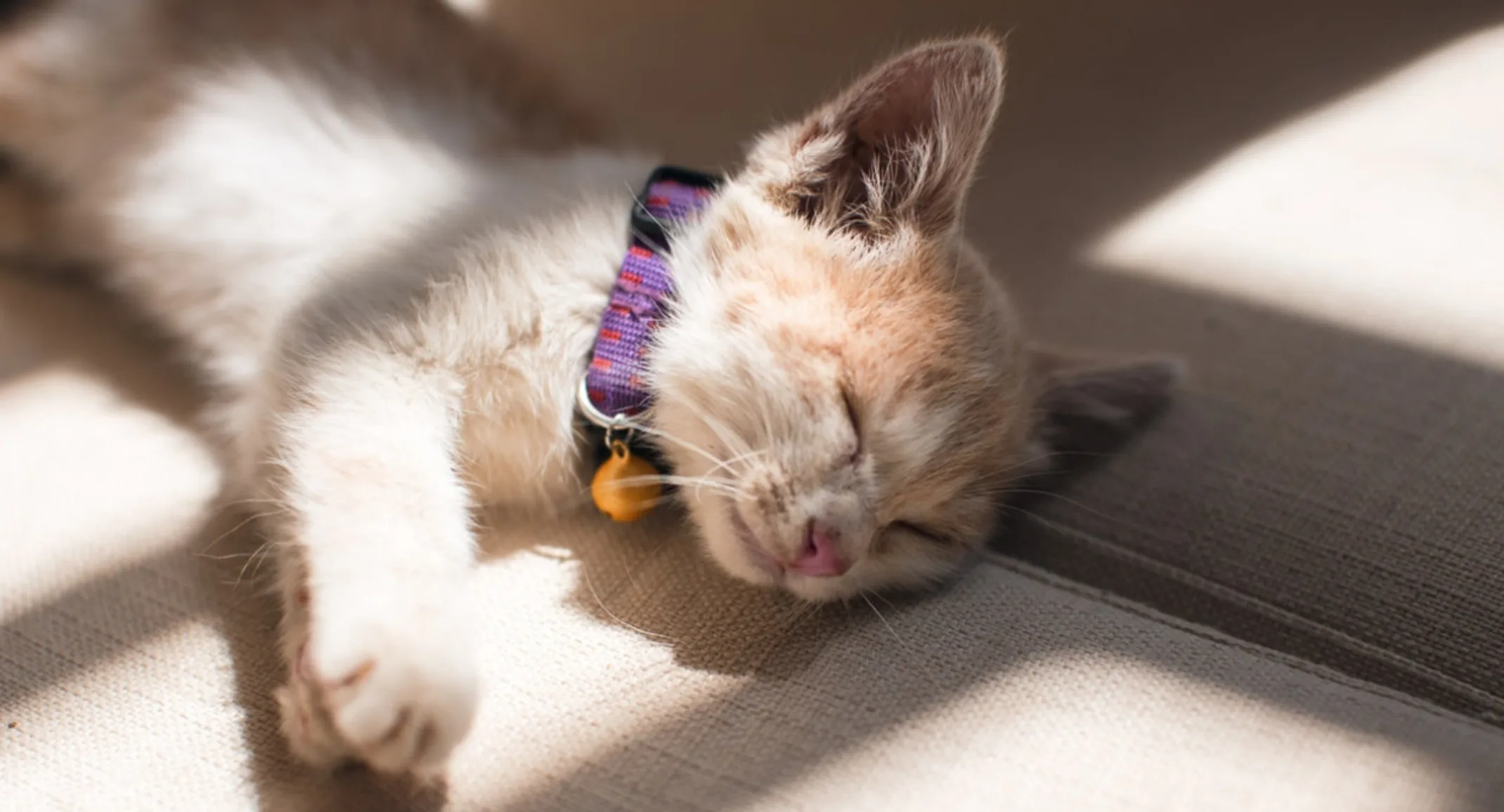Post COVID-19: Avoid Separation Anxiety in Your Pet
Separation Anxiety

Pets sometimes experience separation anxiety when kids go back to school in the fall. In the same way, they will feel the impact of the lack of people in the home.
To help your pet adjust to the new routine, your team at Conrad-Weiser Animal Hospital is here with a few helpful tips to avoid separation anxiety in your pet.
5 Tips for Avoiding Separation Anxiety in Your Pet
Pets are masters of understanding our schedule and routine. They quickly adjust, but they rely on routines to make them feel safe and secure. Your pet got used to you being at home, along with the rest of the family members, during COVID-19 restrictions. With all of the extra attention and opportunities for exercise and play, what’s not to love?
Unfortunately, the time has come when we return to work and extracurricular activities. There are a few things you can do to prevent separation anxiety and get your pet used to being alone.
Start adjusting slowly – If you have been at home all of the time, begin changing things up by leaving for a few hours each day. Go out for the morning. When you return, downplay your pet’s enthusiasm by redirecting them to something else. Don’t act overly excited to your pet, but rather stay calm, like it was no big deal that you left.
Provide a crate, toys, treats, and other fun things – If your pet is crate trained, leave them in their crate for an hour, along with toys or a dental chew. If they don’t have a crate, let them hang out in another room with these fun distractions while you work.
Maintain your pet’s routine – If you need to start feeding your pet at a certain time, as well as going on those daily walks, start now. Once you return to work, don’t change the routine on weekends or days you are off. Stick to the daily routine, even if you happen to be home for the day.
Consider hiring a dog walking or pet sitter – If your pet gets anxious every time you leave, you can consider having a sitter or friend come by midday. This is especially true when you work long hours. A midday reprieve will allow your pet to get more exercise, socialization, and a chance to go out and relieve themselves while you are gone. They will associate this midday fun with someone else, too, other than just their owner.
Use enrichment tools during the day – Dogs, in particular, become bored quickly without exercise and enrichment. Many cats, birds, and small mammals also require mental enrichment to alleviate boredom, stress, encourage more exercise, and provide challenges to the humdrum schedule. Consider purchasing interactive games, video games, and treat dispensing puzzles for your four-legged. Leave a window curtain open, where they can look out at birds and the great outdoors. Some pets like the sound of a television or radio as well.
Is Your Pet Experiencing Separation Anxiety?
It is important to practice your interactions with your pet when entering and leaving your house. Getting your dog overly excited when you enter or leave the house will sometimes cause, and usually worsen, separation anxiety.
In order to decrease this anxiety, you should never immediately greet your dog when you enter the house; instead, say hello like all is well and get yourself settled before properly greeting your pet.
This method should also be used when leaving your house. For example, try distracting your pet with a chew toy as you exit the house. Practicing this method will ultimately help decrease their anxiety.
Pets who have attachment issues with their owner or have not been socialized well are prone to this type of anxiety. There are many things we can do to address the problem. Please call us for a consultation or for any questions you might have about separation anxiety in your four-legged friend.


